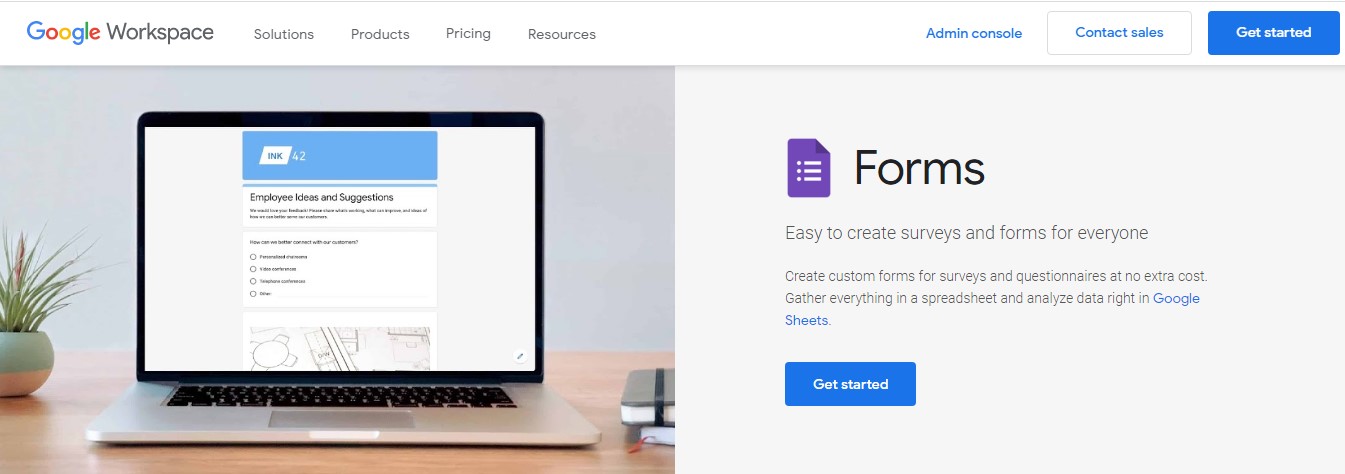How We Are Building Github For Generalists [7,500+ Members]
Hello! Who are you and what business did you start?
Hi! my name is Riten, founder of Fueler. We are currently based in Agartala, India, but I’m building Fueler with my team from all over the world. We started last year on 15th May 2021.
Fueler is an online portfolio platform for knowledge workers to showcase, publish and manage their proof of work, aka projects. Fueler helps them land better opportunities with the help of their Proof of Work instead of credentials and certificates.
Millions of skilled individuals around the world miss out on thousands of dollars worth of opportunities every day. This is because they cannot prove themselves or due to a lack of discovery of such highly skilled individuals who can bring immense value working in an organization
So we thought, what if there is a simple and easy-to-use platform that helps skilled individuals prove themselves by showcasing their work? And that’s how we started working on Fueler, a new-age portfolio tool for those who go the extra mile to prove themselves.
It just takes 30 seconds to set up a profile on Fueler, and guess what? It's free.
We






















